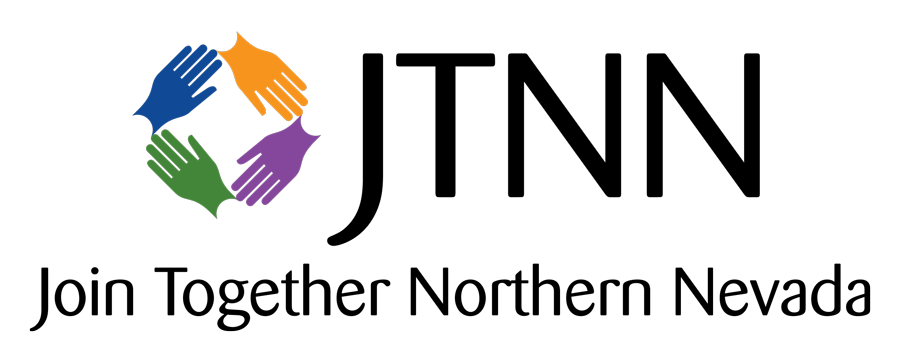Consider the four following situations and ask yourself, “What do these have in common?”
- Last year a national study named Reno as one of the heaviest drinking cities in the nation. This statistic was based on something like how many people drank two or more drinks at one sitting. The local media had a heyday with that statistic by going around to local bars and polling patrons on their thoughts while they hoisted a drink or two. The study and its findings dissolved into a haze of misinformation and laughter.
- More recently, an article was published in the Reno Gazette Journal that talked about how local law enforcement works with local retailers to insure that underage youth don’t have access to alcohol. The online article was met with derision and scorn by many readers who said, “Doesn’t law enforcement have anything better to do than to harass kids who are trying to have a good time?”
- I was recently with friends and noticed that a pregnant woman in the group was holding a glass of wine. I didn’t see her drink any but I asked someone in the group later about it. The response I got was, “What does it matter if she drank a glass of wine or two? What harm could it do?”
- In the last few years, most alcohol commercials on TV end their 30 seconds with, “And remember to drink responsibly.”
OK, if you asked the question, “What do these four have in common?” you may have come up with, “Alcohol.” That’s true but I’m asking for something a little deeper than that. So, what is it? I’m thinking that the common denominator is that we, as a society, have a very ambivalent attitude about alcohol in general, toward abusive drinking, and even toward underage drinking.
Even though the science has shown us that underage drinking (under age 21) and heavy drinking over a certain amount at any age is bad for your health and puts you at greater risk for addiction, we still have that attitude of “kids will be kids,” “let them sow their wild oats (they’ll get over it soon enough),” or “a man’s gotta do what a man’s gotta do” (or a woman, for that matter). In addition, even though there is no known level of alcohol that is safe for a pregnant mom to drink in relation to the effects it could have on her unborn child, maybe just a sip or two won’t hurt anything.
But the great salve on all of this is, “And remember to drink responsibly.” That sounds so…so…so… responsible. When I first heard it I thought, “Those alcohol manufacturers are really swell. They get it.” Then it occurred to me and to many of my colleagues that we don’t know what the word “responsible” means in the context of drinking.
Is it, “Don’t get too drunk?” Is it, “Don’t drink too much and drive?” Is it, “Don’t drink so much that you get in bed with the wrong person?” Is it, “Don’t make a major life decision while drinking?” Is it, “Don’t drink more than a sip when you’re pregnant?” Trying to figure out what it means to drink responsibly is almost imponderable because it could mean so much to so many.
Considering that there are many definitions as well as many interpretations of that word, our underage drinking prevention group (Environmental Strategies Coalition) dared to actually plumb the depths of responsible drinking. After much conversation and doing our best to be objective and non judgmental, we came up with this… Are you ready?
“Responsible drinking is safe and legal.”
We said “safe” because alcohol, when used to excess, can cause unsafe situations in driving, work, recreation, and even relationships. In addition, the most preventable disability in children is related to Fetal Alcohol Spectrum Disorder (FASD). It’s 100% preventable because if a woman doesn’t drink when pregnant, it’s impossible for her unborn child to get FASD.
We said “legal” because the most current science informs us that if we can keep youth from drinking or trying drugs until age 21, then very few people become addicted later in life. Oh, and it’s the law. There’s also the matter of following the current laws such as not drinking and driving. We said “safe” because alcohol, when used to excess, can cause unsafe situations in driving, work, recreation, and even relationships.
Our definition of responsible drinking really isn’t all that complicated but it also counters much of the laughter and scorn heaped upon efforts to get our fellow citizens in northern Nevada to think about how to prevent so many alcohol related problems in our communities. My sense is that those that laugh are the minority but are heard more because they make more noise. I would encourage you to speak up (respectfully, of course) the next time someone says, “Who cares if a 17 year old drinks?” or “What does it hurt if a pregnant woman drinks one drink?” Maybe we can turn this around.
